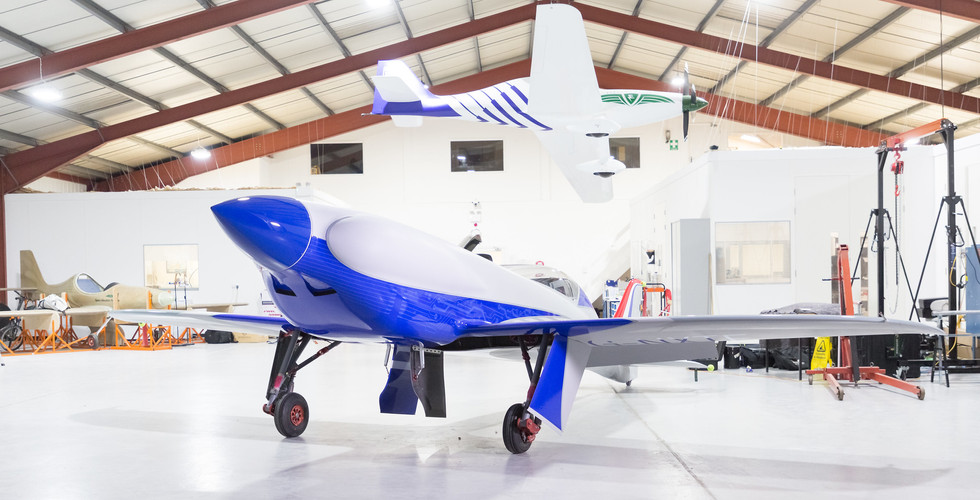ROLLS ROYCE UNVEILS ALL-ELECTRIC PLANE WITH AN AIM TO BREAK RECORDS
- Billions Luxury Portal

- Dec 31, 2019
- 2 min read
Rolls-Royce’s ambitions to build the world’s fastest all-electric aircraft have taken an important step forward with the unveiling of the plane at Gloucestershire Airport. Work will now begin on integrating the ground-breaking electrical propulsion system to enable the zero-emissions plane to make a run for the record books with a target speed of 300+ MPH (480+ KMH) in late Spring 2020...
The plane is part of a Rolls-Royce initiative called ACCEL – short for “Accelerating the Electrification of Flight” and is a key part of Rolls-Royce’s strategy to champion electrification. The project involves a host of partners including electric motor and controller manufacturer YASA and the aviation start- up Electroflight. Half of the project’s funding is provided by the Aerospace Technology Institute (ATI), in partnership with the Department for Business, Energy & Industrial Strategy and Innovate UK.
The ionBird test airframe, named after the electrical technology propelling the aircraft, was also unveiled. The ionBird will be used to test the propulsion system before it is fully integrated into the plane. Planned tests over the next couple of months include running the propulsion system up to full power as well as key airworthiness checks.
Featuring 6,000 battery cells, the pack produces enough energy to generate 750 kW (1,005 hp) ACCEL will have the most power-dense battery pack ever assembled for an aircraft, providing enough energy to fuel 250 homes or fly 200 miles (London to Paris) on a single charge. Its 6,000 cells are packaged to minimise weight and maximise thermal protection. An advanced cooling system ensures optimum performance by directly cooling cells during the high-power record runs.
The propeller is driven by three high power density axial electric motors and compared to a conventional plane, the propeller blades spin at a far lower RPM to deliver a more stable and far quieter ride. Combined they’ll continuously deliver more than 500 horsepower for the record run. Even during the record run the all-electric powertrain delivers power with 90% energy efficiency and of course zero emissions. (In comparison, a Formula 1 race car tops out at close to 50% energy efficiency).
The ACCEL project is just one of the ways in which Rolls-Royce is developing lower carbon power. This includes partnering with Airbus on the E-Fan X technology demonstrator project, which is an important stepping stone towards hybrid electric commercial aircraft at the scale of today’s single aisle family. We are also working with Widerøe, the largest regional airline in Scandinavia on a joint research programme on zero-emissions aviation.
The programme is part of the airline´s ambition to replace and electrify its regional fleet of 30+ planes by 2030.
















